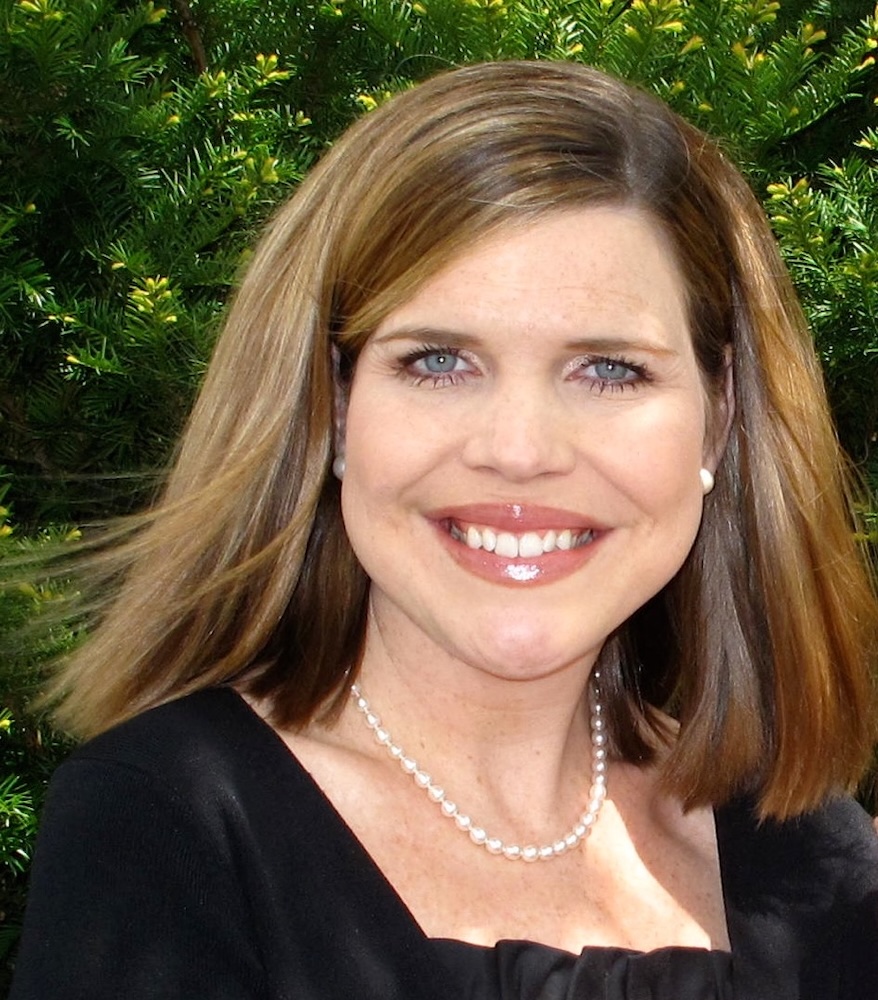 Few professors embody the art of character formation as deeply as Dr. Amy Hodges Hamilton. For decades, she has guided students at Belmont into lives marked by compassion, resilience and deep listening. As director of the undergraduate core curriculum and professor of English and Global Honors, her work centers on personal writing, trauma theory, reflective pedagogy and the healing power of the arts in community-based settings. What sets her apart is not only the material she teaches, but the relational way she teaches it.
Few professors embody the art of character formation as deeply as Dr. Amy Hodges Hamilton. For decades, she has guided students at Belmont into lives marked by compassion, resilience and deep listening. As director of the undergraduate core curriculum and professor of English and Global Honors, her work centers on personal writing, trauma theory, reflective pedagogy and the healing power of the arts in community-based settings. What sets her apart is not only the material she teaches, but the relational way she teaches it.
Recently, Hodges Hamilton joined a faculty reading group convened by Belmont President Dr. Greg Jones and Dr. Nathan Webb, vice president of whole-person formation & leadership development. The group brought together faculty from across disciplines to explore how virtue and character can be integrated into higher education. For Hodges Hamilton, the experience was formative.
The group engaged with a range of texts, including “Cultivating Virtue in the University” by Michael Lamb, N.T. Wright’s “After You Believe,” David Brooks’ “How America Got Mean” and Rowan Williams’ “Passions of the Soul.”
“I was particularly moved by Rowan Williams’ book,” she shared. “It gave us language for linking our hopes, dreams and passions with our faith in a way that can change the world — and helping our students do the same.”
Equally impactful was hearing how colleagues in fields like law, education and medicine were creatively integrating character formation into their disciplines. Their approaches expanded her vision for what formation can look like in diverse learning environments.
Reading and Practicing
For Hodges Hamilton, character formation is a daily practice that shapes her approach in the classroom. In her writing courses, she weaves virtue into assignments, settings and community partnerships.
One of her most beloved courses, Writing in the Community, invites students to write oral histories of individuals in the Nashville area. Students often spend time each week listening to and documenting the lives of people they might never otherwise meet — women in recovery, children undergoing cancer treatment and senior citizens in retirement homes.
She recalled one student who befriended a 99-year-old woman named Jane at a nearby retirement home. After weeks of interviews, the student discovered Jane had never been to McDonald’s. So, they went together and shared a Happy Meal.
“There’s nothing like going out and working with someone who has a totally different story from your own,” Hodges Hamilton said.
She also emphasized the importance of hearing and honoring stories of all kinds — those shaped by trauma and those rich with joy. Whether students are listening to someone recount a painful chapter or a cheerful memory, the act of bearing witness to another’s life story fosters a deeper understanding of the human experience.
“These moments,” Hodges Hamilton says, “are where empathy and humility are born.”
The Heart of Character
Hodges Hamilton’s own journey of character formation began at home. “My dad was my first and biggest teacher,” she said. “Every week, when the garbage collectors came, we had to go out and offer them glasses of water. He never talked about what he was doing for others, he just did it.”
She also credits her late mentor, Wendy Bishop, a prolific scholar in creative writing who published 16 books and taught with a rare presence. “Wendy sat with us and wrote with us,” Hodges Hamilton recalled. “Her willingness not just to help students learn, but to learn alongside them, was transformative.”
Bishop was honest and tough, but her love shone through in her commitment to her students. “She showed me that faculty don’t have to perform character. We just have to live it in line with our own personalities.”
Formation at Belmont
That modeling — first from her father, then from Bishop — now shapes Hodges Hamilton’s leadership at Belmont in her charge as director of undergraduate core curriculum. Working alongside an interdisciplinary task force, she is helping to imagine how character formation can be woven more deeply into the University’s academic fabric. Her vision is grounded in narrative, relationship and the conviction that education should shape not just minds, but hearts.
Drawing inspiration from both the reading group and the mentors who formed her, Hodges Hamilton champions approaches to character formation that are personal and honest. “Faculty need the freedom to teach and embody character in their own authentic ways,” she insists. “Character formation should feel like enrichment, not replacement.”
The language of virtue she gained through recent conversations, combined with decades of teaching, has deepened her belief that higher education must move beyond knowledge transmission to the formation of whole people. She’s eager to see this movement grow — at Belmont and beyond.

